Discover which U.S. cities add the most hospitality taxes and fees to your hotel bill.

Booking a hotel in the U.S.? Be prepared for unexpected hospitality taxes and surcharges that can inflate your final bill. Some cities add hefty fees, making even budget-friendly stays more expensive. From tourism taxes to hidden resort fees, these costs can quickly add up. Here are 10 U.S. cities where you’ll find the highest hospitality charges—and what to expect.
1. New York City, New York adds significant charges through taxes and fees.

New York City imposes one of the highest combined tax rates on hotel stays, including an 8.875% sales tax, a 5.875% hotel room occupancy tax, and additional nightly fees. These charges are particularly noticeable in luxury accommodations, where taxes significantly inflate nightly rates. Tourists are also subject to the New York City Convention Center fee, which further increases the bill. While the city’s energy and attractions are unmatched, visitors should budget for these unavoidable extras.
2. Las Vegas, Nevada piles on resort fees alongside room taxes.

In Las Vegas, resort fees are a major contributor to high hospitality costs. Many hotels charge nightly fees ranging from $25 to $45, covering amenities like Wi-Fi and gym access—even if you don’t use them. Combined with a 13.38% lodging tax, these fees can significantly increase your final bill. Visitors are often surprised by the total cost, so it’s important to factor these charges into your budget when planning a trip to Sin City.
3. San Francisco, California adds hefty tourism taxes to hotel bills.
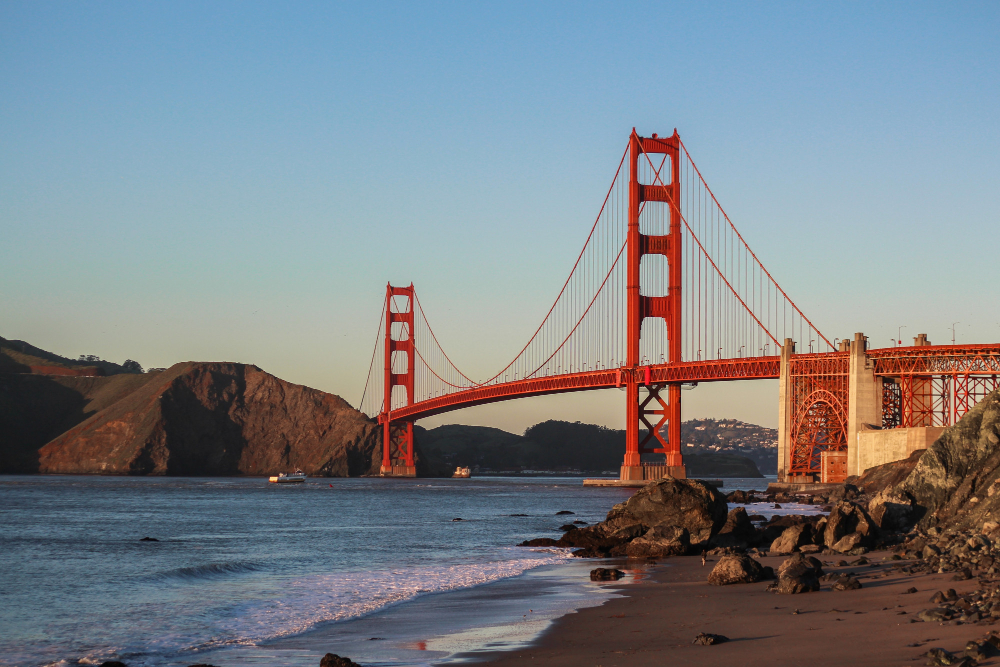
San Francisco’s hospitality costs are elevated by a 14% hotel tax, along with additional surcharges for tourism and business improvement districts. Luxury and boutique hotels often pass on these fees to guests, making already high room rates even steeper. The city’s popularity as a travel and business destination means demand remains high despite the costs. Travelers should expect these fees and plan accordingly when enjoying San Francisco’s iconic attractions and vibrant culture.
4. Chicago, Illinois combines high lodging taxes with extra surcharges.

Visitors to Chicago face a combined tax rate of 17.4% on hotel stays, one of the highest in the nation. This includes a state tax, county tax, and a hefty city tax, along with additional surcharges for tourism initiatives. These fees can add up quickly, especially for extended stays in downtown hotels. While Chicago offers world-class museums, dining, and architecture, travelers should be aware of these charges to avoid surprises at checkout.
5. Honolulu, Hawaii layers hotel taxes with daily resort fees.
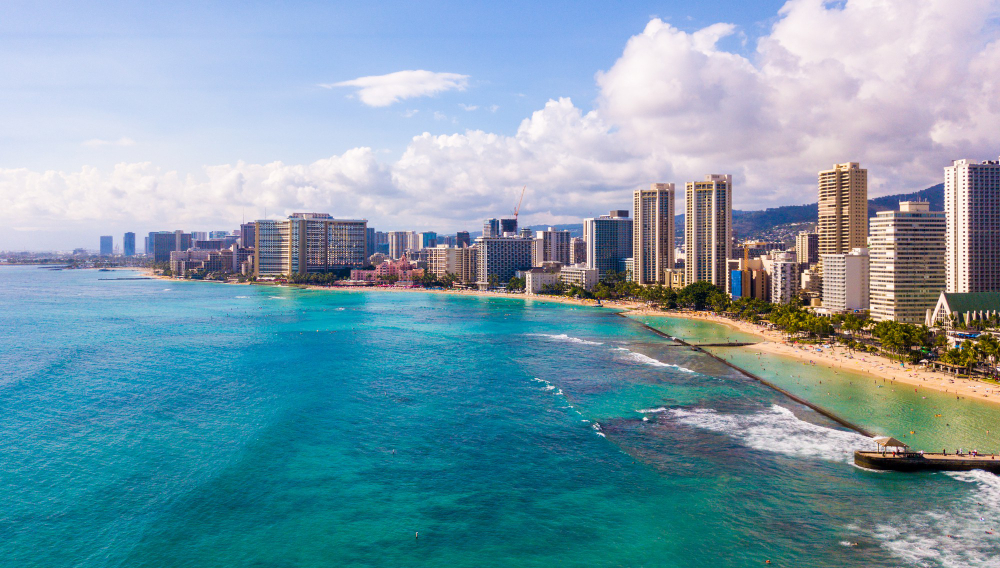
Honolulu’s hospitality costs include a 10.25% transient accommodations tax and a general excise tax of 4.5%, which apply to all hotel bookings. On top of that, many resorts charge nightly fees ranging from $20 to $50, covering amenities like pool access and parking. These charges can add up, making a Hawaiian vacation pricier than expected. Visitors should factor these fees into their budget when planning a stay in this tropical paradise.
6. Miami, Florida adds steep resort fees to its lodging taxes.

In Miami, a 13% hotel tax is just the beginning of the charges added to your bill. Many hotels tack on nightly resort fees ranging from $20 to $45, which cover perks like beach access, chairs, or Wi-Fi. These fees can significantly increase the cost of accommodations, particularly in popular areas like South Beach. Travelers looking to enjoy Miami’s vibrant nightlife and beaches should be prepared for these additional expenses.
7. Washington, D.C. adds high occupancy taxes to its hotel rates.
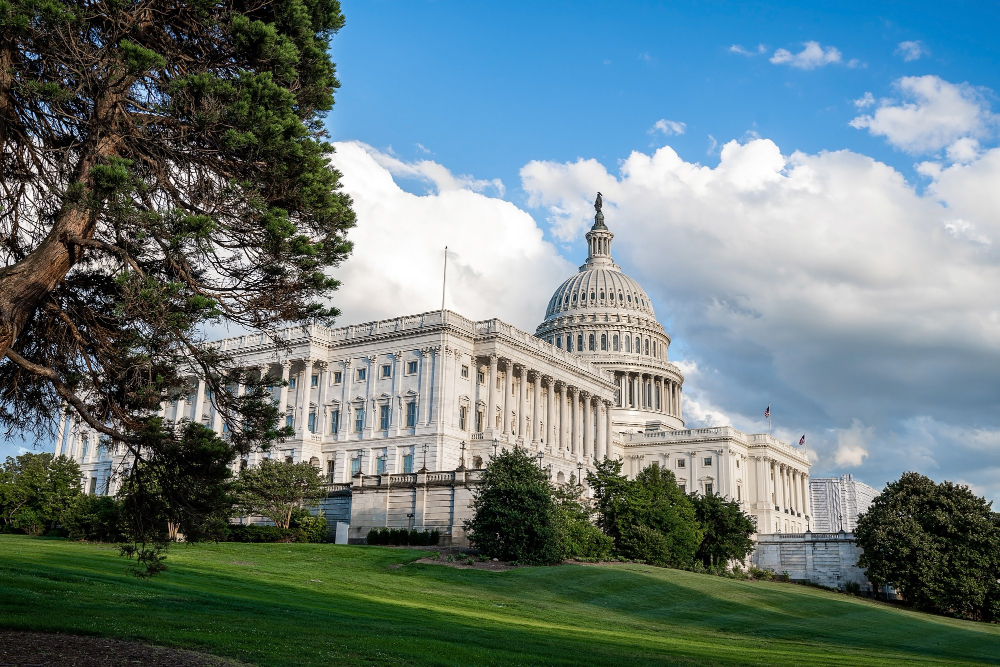
Washington, D.C., imposes a combined 14.95% tax on hotel stays, including a lodging tax and an additional surtax. Business travelers and tourists alike contribute to these charges, which help fund city infrastructure and tourism initiatives. While hotel prices in the nation’s capital are already high due to demand, these taxes can make a significant difference. Visitors should account for these fees when planning their stay in this historic and politically significant city.
8. Orlando, Florida combines tourist development taxes with resort fees.
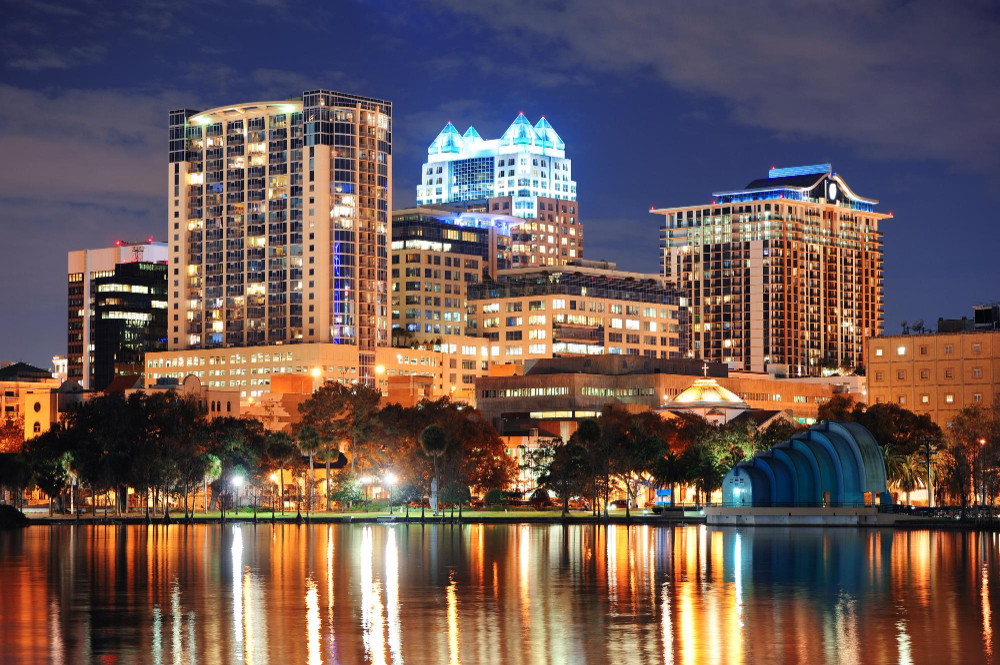
Orlando’s hospitality costs include a 6% tourist development tax on top of a 6.5% state sales tax, applied to all hotel stays. Many accommodations near Disney World and other attractions also charge nightly resort fees that cover transportation and amenities. These additional costs can make family vacations more expensive than anticipated. Visitors should research hotel policies and fees in advance to better manage their budgets for a trip to this family-friendly hotspot.
9. Boston, Massachusetts imposes high room taxes and historic surcharges.

Boston’s combined lodging tax of 14.95% includes state, city, and convention center fees, making it one of the most expensive cities for hotel stays. Many hotels in historic areas also add boutique surcharges for preservation efforts. While Boston’s rich history and cultural attractions draw millions of visitors annually, these hospitality taxes can take a significant bite out of your travel budget. Planning ahead and seeking deals can help offset these costs.
10. Nashville, Tennessee increases rates with tourism development fees.
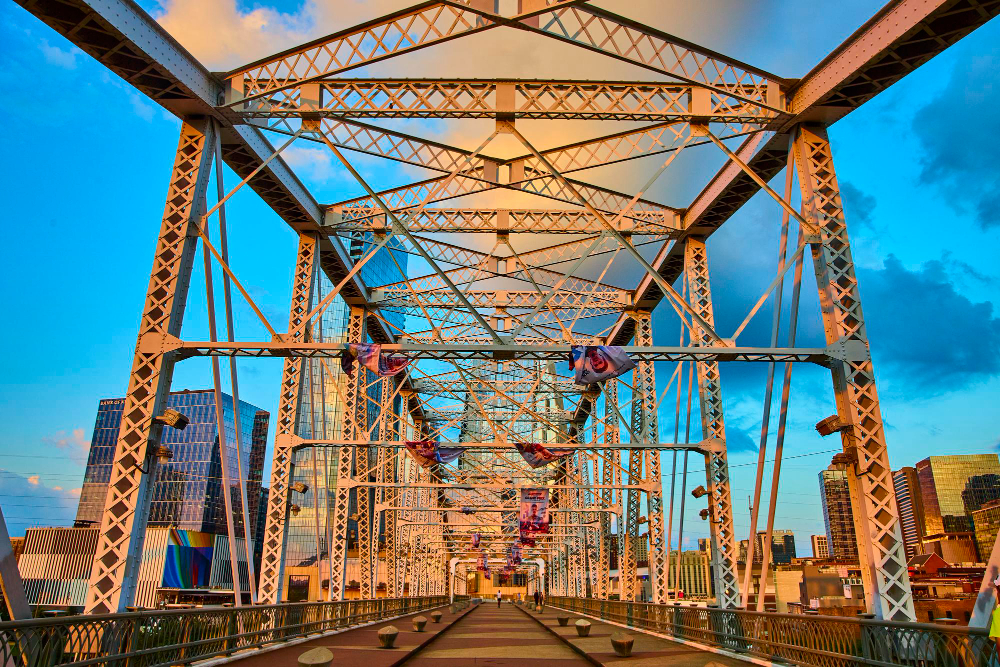
Nashville’s lodging tax includes a 6% hotel occupancy tax, a $2.50 per night room fee, and additional surcharges for tourism development. These fees, coupled with high demand for accommodations in popular areas like downtown and Music Row, can quickly inflate hotel bills. Visitors come for the live music and southern hospitality, but they should be prepared for these added expenses. Booking early and comparing rates can help travelers manage the high costs of staying in Music City.
